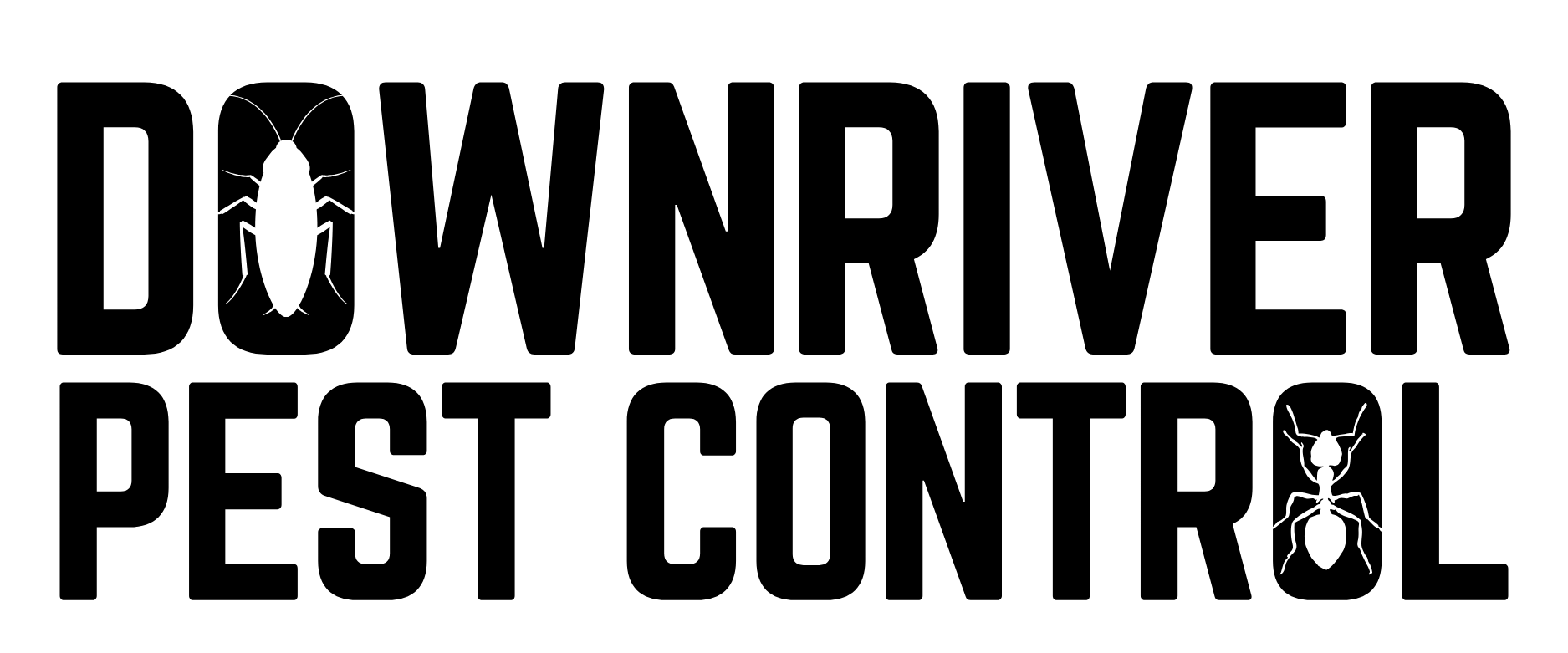
Flies
Contact Us
Facts About Flies
- Abundance: Flies are one of the most widespread and abundant insects on Earth, with over 100,000 species identified.
- Size: Most flies are relatively small, with an average length of around 1 to 2 centimeters.
- Wings: Flies have two wings, unlike most insects that have four. Their hind wings are reduced to small structures called halteres, which help with balance during flight.
- Diverse Species: Flies belong to the order Diptera, which includes a wide variety of species, such as houseflies, fruit flies, horse flies, and mosquitoes.
- Lifespan: The lifespan of a fly varies depending on the species, but many live for only a few weeks to a couple of months.
- Eyes: Flies have large, compound eyes that provide them with a wide field of vision. They can detect motion and changes in light patterns very effectively.
- Feeding Habits: Most adult flies feed on liquids, using their specialized mouthparts to lap up or suck in their food. Their diet can range from nectar to decaying matter, blood (in the case of some species like mosquitoes), and more.
- Reproduction: Flies often lay eggs near or on decaying organic matter. The larvae, commonly known as maggots, hatch from these eggs and feed on the organic material.
- Pest Status: Some fly species are considered pests as they can transmit diseases, such as the housefly, which can carry pathogens from filth to food.
- Pollinators: Certain fly species, like hoverflies, play a crucial role in pollinating flowers. They are often mistaken for bees due to their similar appearance.
- Flight Speed: Flies are agile fliers and can fly at high speeds, making them difficult to catch.
- Sensory Hairs: Flies have sensory hairs, known as setae, on their bodies and appendages, which help them detect changes in their environment, such as wind and nearby objects.
- Taste Buds: Their feet are covered in chemoreceptors that allow them to taste what they land on. This is why they often land on food to investigate it.
- Incredible Reflexes: Flies have rapid reflexes, which is why they can quickly evade attempts to swat or capture them.
- Metamorphosis: Flies undergo complete metamorphosis, with four distinct life stages: egg, larva, pupa, and adult.
- Role in Ecosystems: Flies play important roles in ecosystems as decomposers, helping to break down and recycle dead organic matter.
- Sound Production: Some species of flies can produce sounds by vibrating their wings, antennae, or other body parts. These sounds are used for communication and mating purposes.
- Social Behavior: Certain fly species exhibit social behavior, living in groups or colonies. For example, fruit flies can form mating swarms.
- Migration: Some fly species are known for their long-distance migrations, traveling thousands of miles in search of suitable breeding and feeding grounds.
- Economic Impact: Flies can have economic impacts in agriculture and food industries by damaging crops and contaminating food.
These facts showcase the diversity and significance of flies in the natural world, from their ecological roles to their interactions with humans and other animals.
How To Prevent Flies
- Maintain Cleanliness:
- Regularly clean and disinfect your home, especially in areas prone to fly infestations like the kitchen and trash disposal areas.
- Clean up food crumbs, spills, and leftovers promptly.
- Seal Food Storage:
- Store food items in airtight containers to prevent flies from accessing them.
- Dispose of Garbage Properly:
- Use tightly sealed trash cans with lids to keep flies away from garbage.
- Empty trash regularly, especially in hot weather when flies are more active.
- Compost Carefully:
- If you compost, use a well-sealed compost bin and maintain proper balance to prevent fly breeding.
- Repair Screens and Seals:
- Ensure all doors and windows have properly fitted screens to prevent flies from entering your home.
- Limit Moisture:
- Fix any plumbing leaks promptly, as flies are attracted to moisture.
- Dry wet areas, such as sinks and countertops, to reduce fly attraction.
- Keep Fruit Fresh:
- Keep ripe fruits and vegetables in the refrigerator to deter fruit flies.
- Maintain Pet Hygiene:
- Clean up after pets promptly, including their waste.
- Keep pet food bowls clean and pick up any spilled food.
- Use Fly Traps and Zappers:
- Employ fly traps, fly paper, or electric fly zappers in areas where flies are a constant problem.
- Natural Repellents:
- Use natural fly repellents like citronella candles, essential oils (e.g., mint, eucalyptus), or fly-repelling herbs (e.g., basil, rosemary) around your home.
- Clean Drains:
- Regularly clean and disinfect drains, as they can be breeding grounds for flies.
- Dispose of Organic Waste Properly:
- If you have outdoor compost or a compost pile, manage it properly to prevent fly infestations.
- Eliminate Standing Water:
- Eliminate any sources of standing water in and around your home, as they can attract flies for breeding.
- Cover Food and Drinks:
- When dining outdoors, cover food and drinks to prevent flies from landing on them.
- Regular Pest Control:
- Consider professional pest control services if you have a persistent fly problem that you can't manage on your own.
- Educate Family and Guests:
- Ensure that everyone in your household and any guests are aware of the importance of fly prevention and follows these practices.
By following these preventative measures, you can significantly reduce the likelihood of fly infestations in your home or outdoor spaces.

